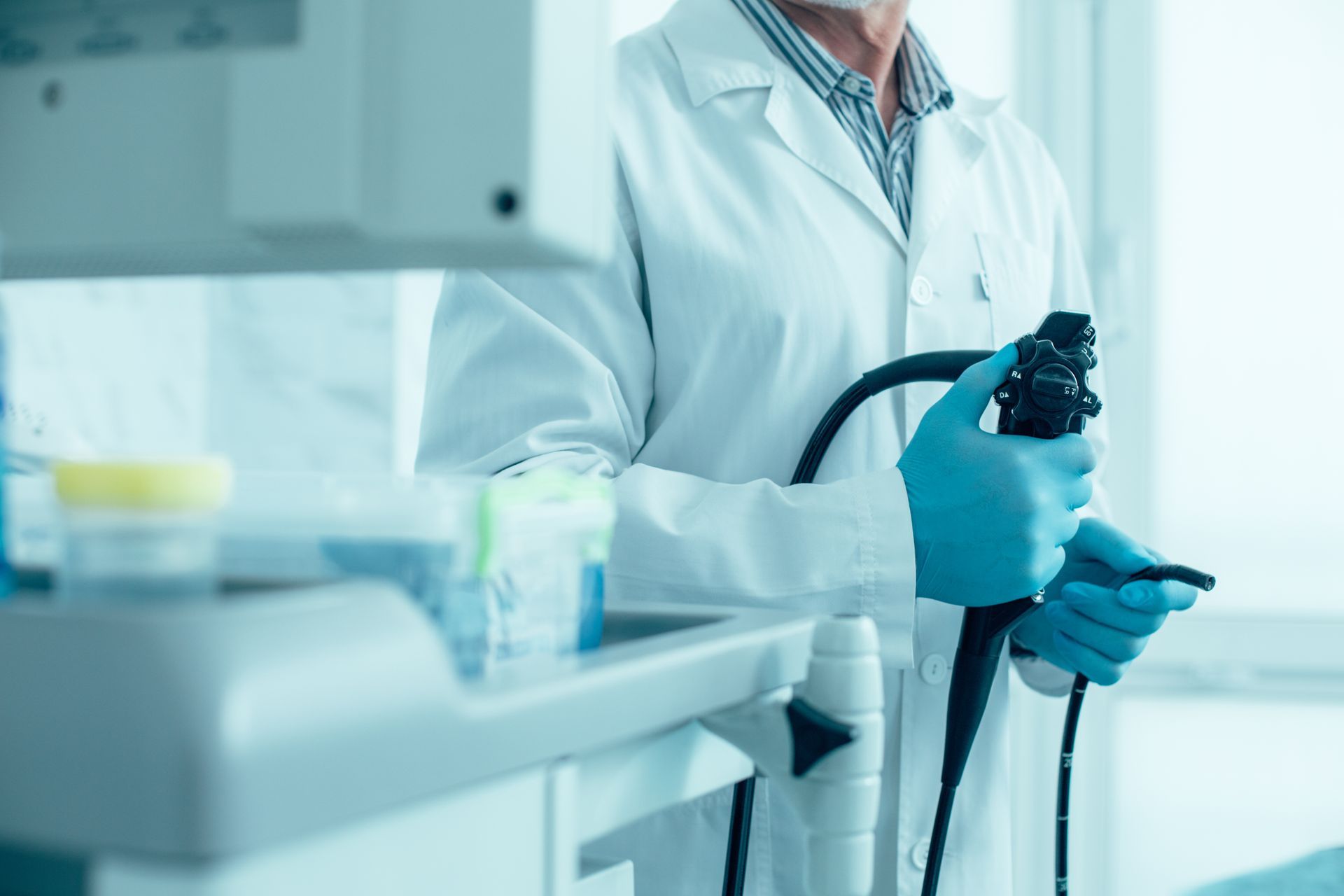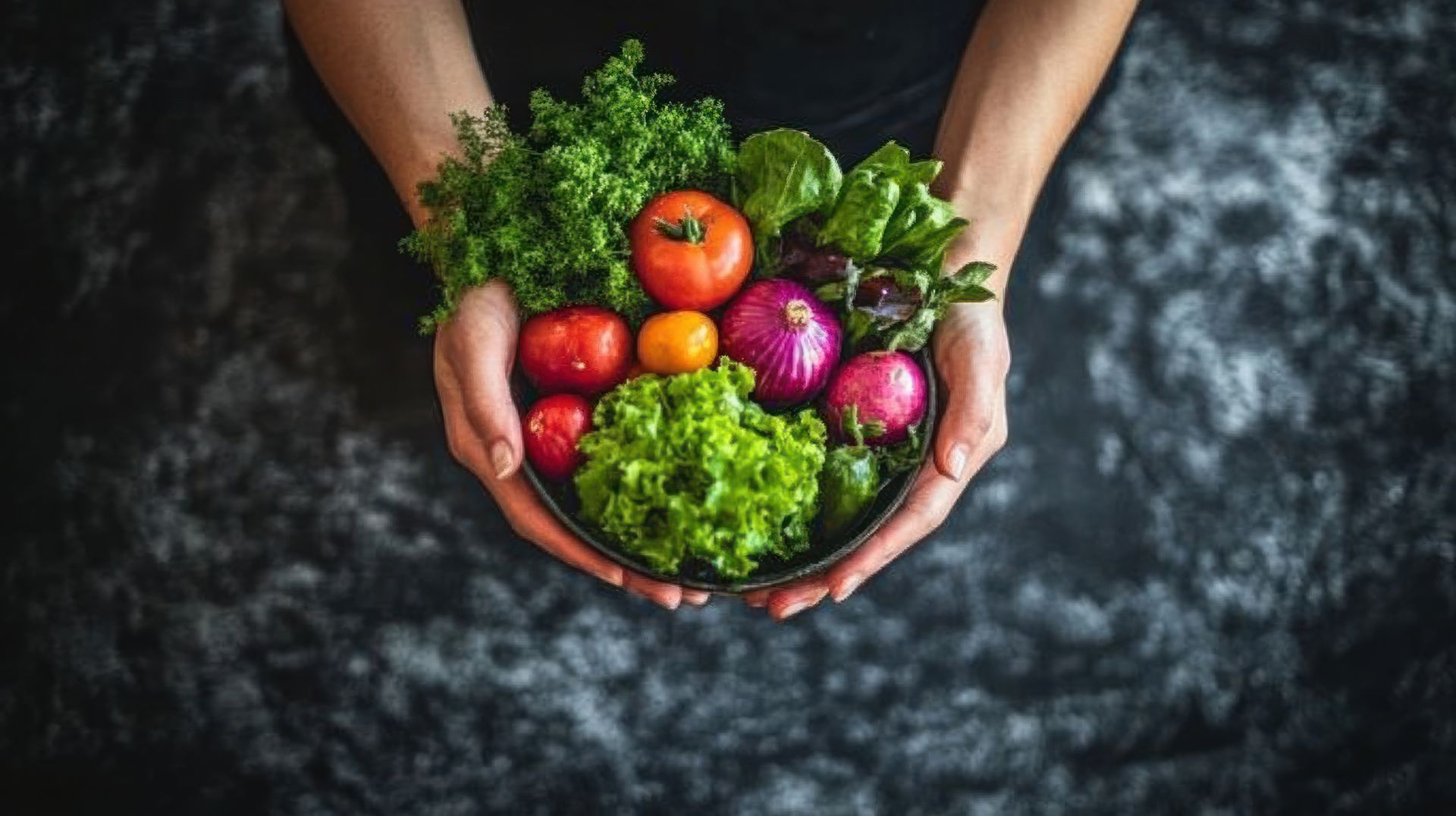Media + Articles
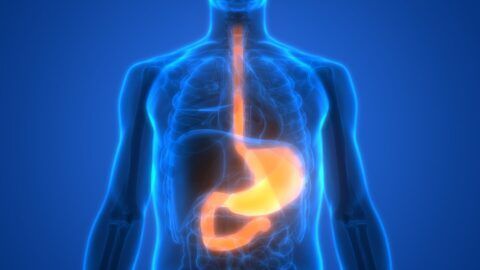
The esophagus is the tube that connects the mouth to the stomach. You may not give it much thought until something goes wrong. Gastroesophageal reflux disease (GERD) is the most common problem with the esophagus. This occurs when the valve between the lower esophagus and the stomach—known as the lower esophageal sphincter (LES)—doesn’t close properly. This allows acid and stomach contents to leak back into the esophagus and irritate the sensitive lining. Symptoms of GERD include heartburn, regurgitation, bad breath, and painful swallowing. The damage caused to the esophagus lining can lead to a condition called Barrett’s esophagus.
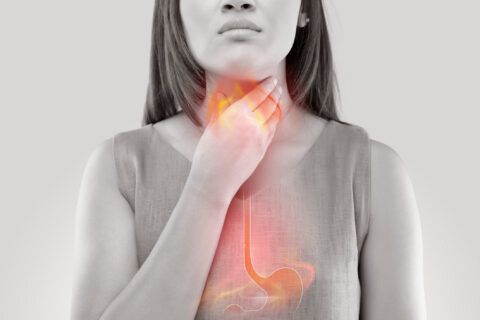
Everyone has trouble swallowing from time to time. You may find it difficult to chew a tough piece of meat, gag on food with an unpleasant texture, or cough and choke after food goes down “the wrong pipe.” If this happens to you occasionally, make sure you’re taking small enough bites and chewing thoroughly before you attempt to swallow.
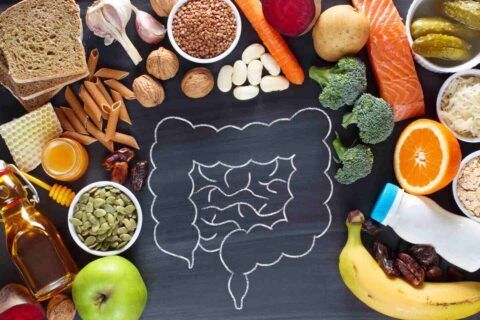
When your gastrointestinal (GI) system acts up, you want relief as quickly as possible. This often means avoiding the foods you know cause digestive trouble for you. Apart from this, it’s also helpful to eat more of certain foods that provide immediate relief and help build gut health for fewer digestive problems in the future. Whether you have ulcers, acid reflux, leaky gut, or irritable bowel syndrome (IBS), your GI tract could benefit from changing your diet.







